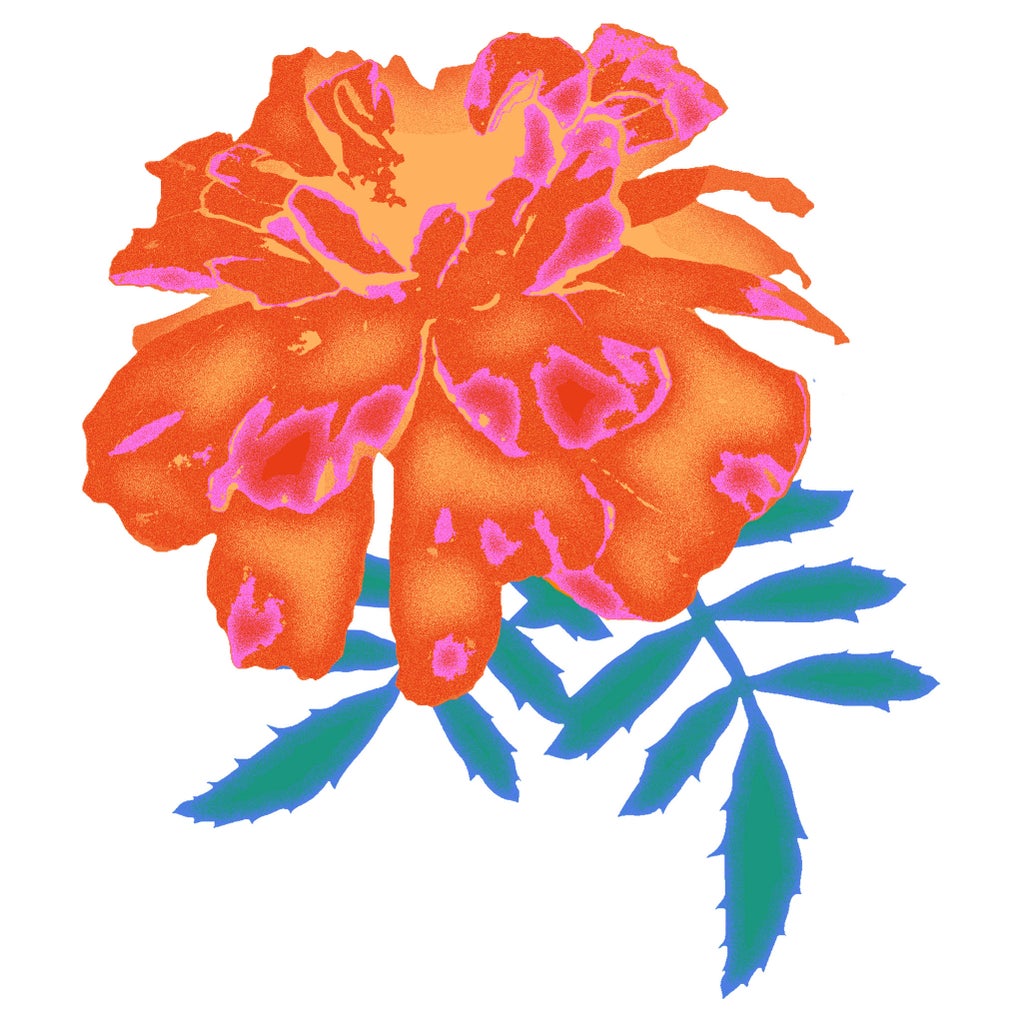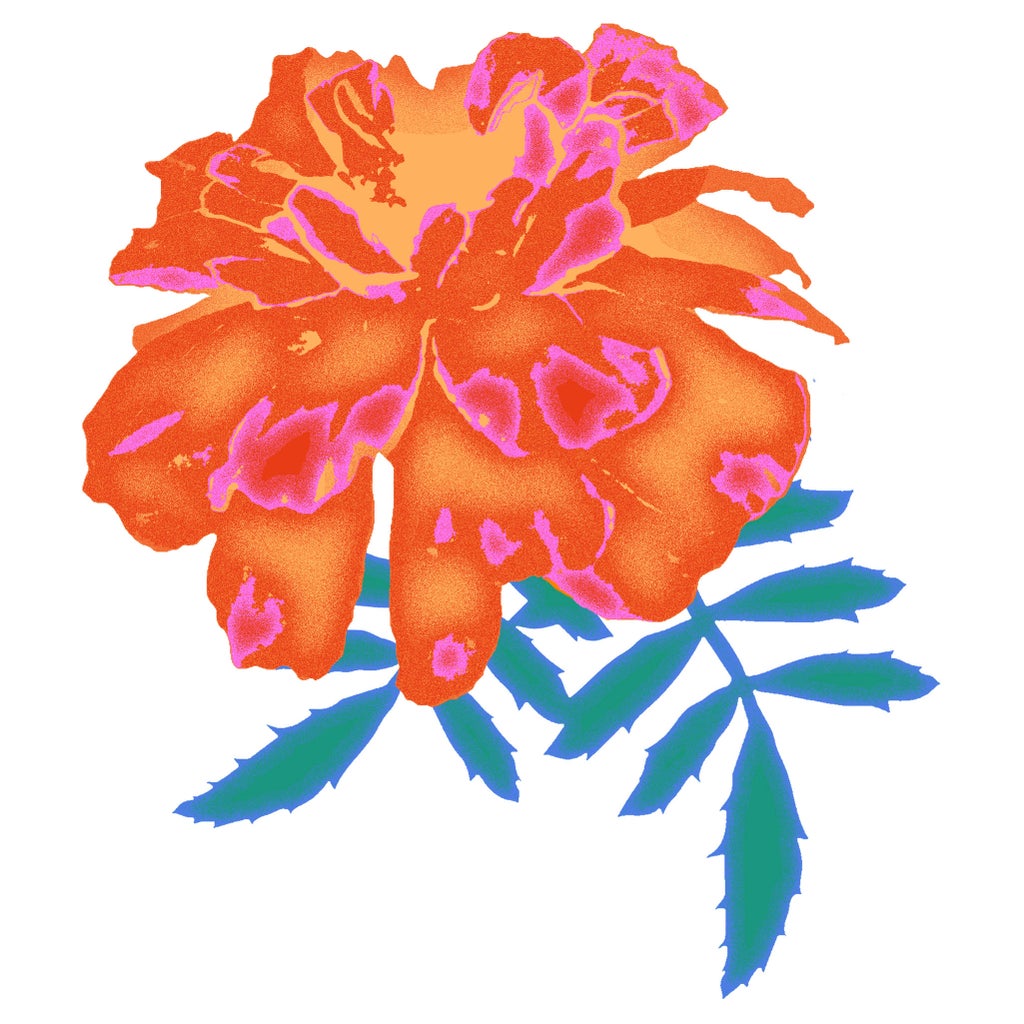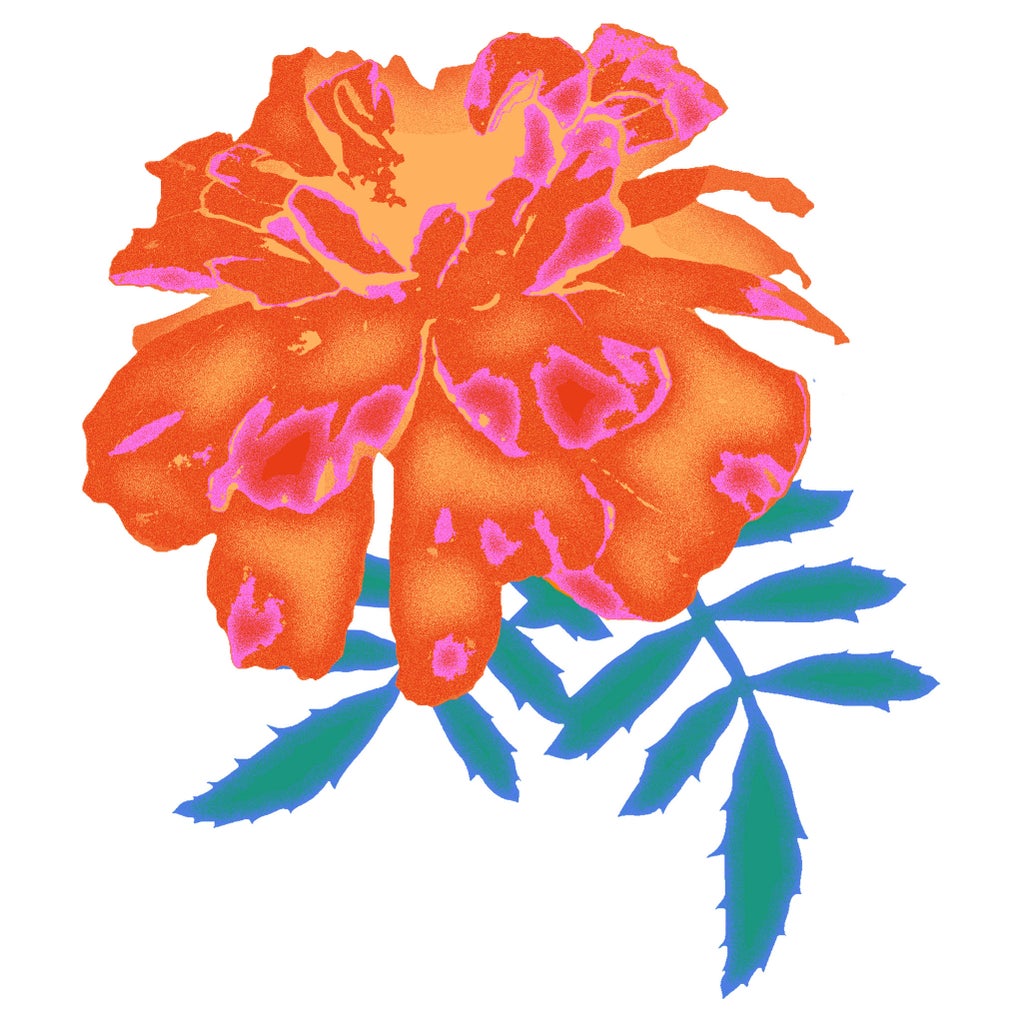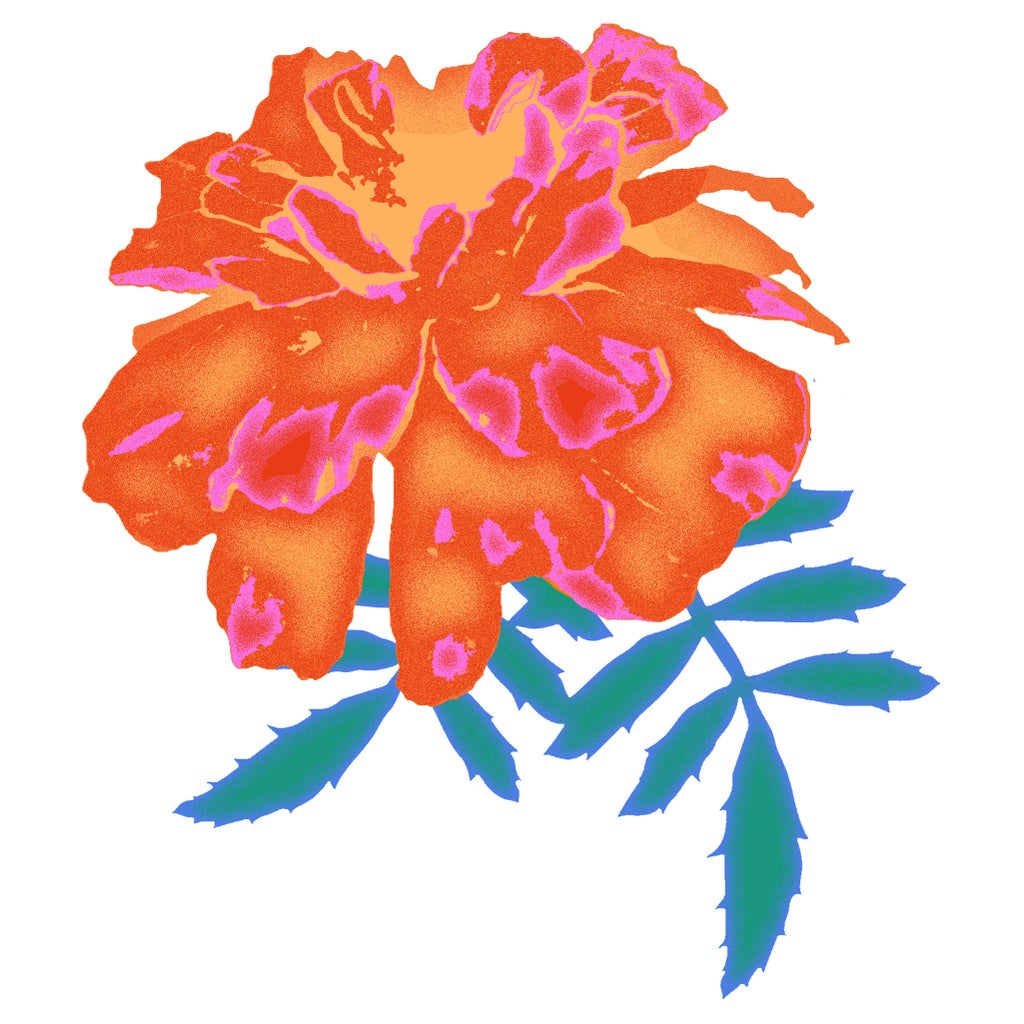Día de Muertos is a cultural holiday originally celebrated by Mesoamerican Indigenous groups, like the Aztecs and Maya in what is now Mexico and Central America, that honors the dead. On November 1 and 2, families co-mingle with their ancestors and loved ones who have passed away. While practiced differently based on one’s region and economic background, the living typically pay homage to the deceased by cleaning their graves, building elaborate altars decorated with marigolds and sugar skulls, and enjoying traditional food and drink.
While the ancient tradition of Day of the Dead, which has mixed Indigenous and European origins, has become a popular holiday that is now also celebrated outside of Mexico and Central America, there are still some taboos around its rituals. Some people falsely believe it’s a time to worship ancestors; in reality, it’s a practice that holds deep reverence and remembrance of our ancestors through offerings and prayer. It’s a beautiful way to ensure those who came before us are never forgotten and are strong enough to continue protecting and guiding us.
Rather than railing against a cultural holiday, more people should be including the beauty and power of ancestral veneration into their daily, weekly, or monthly routines. The easiest way to venerate ancestors is simple: put a photo of the deceased beside a glass of water and a white candle, and talk to them or recite their favorite prayers. You can also add food or drinks they enjoyed. There is no right or wrong way to honor those who have passed on. In fact, across Latin America, communities have their own traditions to remember and celebrate their ancestors. Here, four women with origins in Mexico, Central America, and the Caribbean share how they honor their ancestors year-round.

Pānquetzani, Indigemama
I venerate my ancestors through venerating my body and my womb. When I care for myself, I care for all my ancestors who didn’t have the privilege to care for themselves. One way I practice ancestor veneration is through my form of bathing. Almost every day, I walk into my temazcalli, the sweat bath, and I give thanks for my breath, my life, and my children. I thank my tatarabuela Josefa, who was forced to marry at the age of 14, for guiding me in my resilience. I thank my tatarabuelo, a Nahua entrepreneur who learned Spanish so that he could grow his business and buy land, for his ingenuity. And I thank my bisabuela Rafaela for her determination. I visualize my breath as theirs. I feel their breath in the steam, and I allow it to give me life.

Alma Coronado
I honor my ancestors most mornings, Sunday evenings, and when I feel called to. It’s my way of saying thank you, and that simple moment of gratitude means a lot to me. I created a “potion,” essentially a mix of different hierbas, waters, and sometimes even stones. Every morning, when I get out of the shower, I spray it on myself and manifest something aloud—speaking gratitude to my ancestors before and after this practice. It helps me feel empowered and connected. It’s how I recognize them and my spirit guides. Sometimes, I’ll get a calling during the day. When this happens, I intentionally pause what I’m doing and, again, thank my ancestors.

Griselda Rodriguez-Solomon, Brujas of Brooklyn
My spiritual practices are rooted in ancestral devotion and ancestral veneration. This is tied both to my upbringing in the Catholic church and the 21 divisions that come out of Dominican Afro-Indigenous traditions. For us, honoring our ancestors includes pairing pictures of them on altars with candles, which give them light so their spirit can be at ease, and water, which acts as a conduit. I also like to get creative. Right now, I have a collage I made of all my friends and family who have passed away. When I pray, I pray to God and then I pray to them because I see them as intermediaries between God and mortals; they show up and work on our behalf.

Cindy Luquin, Howl at the Womb
I have daily and weekly rituals to venerate my ancestors as well as practices for special dates or new and full moons. Each morning, I open all my windows to clear the space and move stagnant energy. I then light incense, meditate, pray, and journal. During this time, I write to them, asking for guidance, clarity, and protection. On Sundays, I perform a full-house limpia where I smudge my home, focusing on doorways and corners. The smudge clears out energy that no longer serves us. I then set an intention that anyone who walks through the door feels light of heart, free in mind, and peace in heart. On new moons and full moons, I like to include night rituals for spiritual baths. Finally, on special anniversary dates, I shop for my deceased loved ones’ favorite drink and food, and I watch their favorite movie or play their favorite songs while cleaning the altar.
Like what you see? How about some more R29 goodness, right here?
from Refinery29 https://ift.tt/3bwo6h5
via IFTTT

